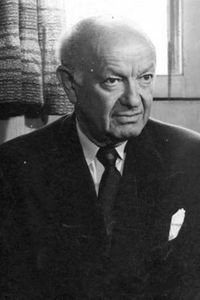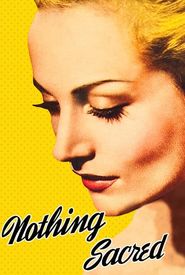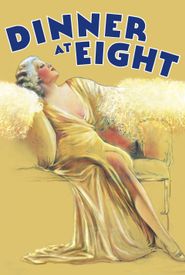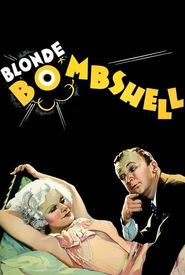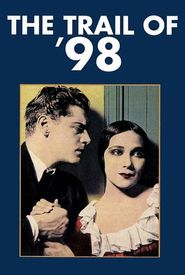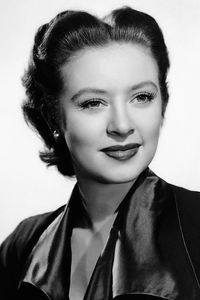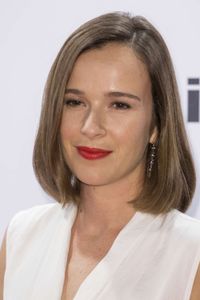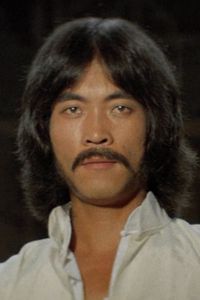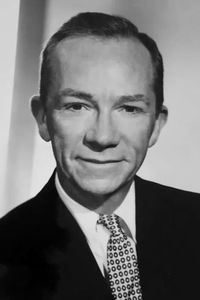Elihu "Elye" Tenenholtz, a renowned figure in the world of Yiddish theater and cinema, was born in the Russian hamlet of Azran, near the city of Rovne, in 1887. At the tender age of ten, he made the bold decision to immigrate to the United States, where he would go on to make a lasting impact on the entertainment industry.
Tenenholtz's early foray into the world of theater came in 1903, when he appeared in staged readings of the works of Yiddish author Sholom Aleichem, becoming the first person to do so. He soon supplemented his theater appearances by writing for and editing a Yiddish satirical magazine under the pen-name "Moishe McCarthy".
In 1916, Tenenholtz made the leap to the professional Yiddish stage, where he befriended the renowned actress Bessie Thomashevsky and helped her pen her memoirs, the first publication documenting a Yiddish actor's life. By 1920, he was a prominent figure on both the Yiddish art stage with Maurice Schwartz and on Broadway, quickly rising to the top leadership of the Hebrew Actors' Union, the first arts union in America.
In 1925, Tenenholtz co-founded a theater company with Celia Adler, half-sister of Luther Adler and "Method" teacher Stella Adler. The following year, he was summoned to Hollywood and given a five-year contract at MGM. Like many Jewish actors, he changed his name upon arriving in Hollywood, opting for the pseudonym "Tenen Holtz".
During his time in Hollywood, Tenenholtz appeared in numerous films alongside some of the most iconic stars of the era, including Greta Garbo, Norma Shearer, Joan Crawford, Jean Harlow, and Marion Davies. He worked under the direction of acclaimed filmmakers such as King Vidor and Victor Fleming, and would go on to appear in over 50 films during his career.
In addition to his work in film, Tenenholtz played a pivotal role in the development of Yiddish theater in Hollywood, founding a popular Yiddish theater company that included other transplanted Yiddish actors, including Muni Weisenfreund (aka Paul Muni),Rudolph Schildkraut, and Joseph Schildkraut.
When his contract at MGM ended, Tenenholtz moved to Warner Brothers, where he continued to work in film, making projects with Leslie Howard under the direction of Michael Curtiz. However, by the late 1930s, the only calls he received were from Poverty Row studios, prompting him to relocate to nearby Monrovia and open a chicken ranch.
Although he would occasionally return to the screen, Tenenholtz ultimately retired from film. When television emerged, he landed a few roles on popular shows such as Perry Mason (1957) and Alfred Hitchcock Presents (1955). He passed away in 1971, leaving behind a legacy as a true pioneer in the world of Yiddish theater and cinema.
